By Julie Tomascik
Calloused hands. Tired eyes. Dust on her boots and grease on his pants.
He’s a farmer, and so is she.
They have a long to-do list. Some tasks are easy. Others are fun. And some are difficult. But Texas farmers and ranchers find a way to embrace the challenges and opportunities, because they have a passion for growing things. They take pride in growing the necessities of life—not only the food that nurtures us, but the fiber that protects us from the sun, cold, wind and rain.
Often, words are used to describe farmers and ranchers that paint them as uncaring and unfeeling. But that couldn’t be further from the truth.
So, let’s talk about some of those Texas farmers and ranchers.
Family is important.
Farmers and ranchers aren’t a faceless company that grows your food with reckless disregard for anything but profit. In fact, about 98 percent of farms are family farms, according to the U.S. Department of Agriculture. It’s common to find grandparents, parents and children, maybe even a few cousins, working together on the farm. They all have different roles, but each is just as important.
Sustainability is a way of life.
Sustainability isn’t a marketing gimmick for Texas farmers and ranchers. It’s a way of life. Many families have been farming the same land for generations. They care for the environment and use farming practices that are sustainable, so the land will continue to provide and the water will be safe for their families and ours.
They are educated.
They’re are often self-taught, but farmers and ranchers do go to college. Some have a master’s degree. Others even have a Ph.D. They use their college education combined with their hands-on experiences and personal knowledge of agriculture to be more sustainable, more efficient and more productive. And that’s no bull.
Mother Nature is their business partner.
She’s a fickle lady. No doubt about that. Drought, hail storms, late freezes, floods—all can ruin a crop and a farmers’ livelihood.
They have faith the size of a mustard seed.
Sometimes, despite all odds, the resilience and determination in farmers and ranchers continues to burn. It’s a deep resolve to start over. To try again. And again. And again.
They wear many hats.
He’s not “just” a farmer. And neither is she. Their job description changes daily, and it’s always subject to the weather. Mechanic, truck driver, welder. Environmentalist, engineer, meteorologist, economist. Agronomist, teacher, parent, community leader. The list goes on and on and on.
The global economy impacts their farm.
What happens beyond their farm gate—in Texas, in the nation and around the globe—can impact their choices, their income and their ability to stay in business. They endure the demands of the field. Suffer at the hands of trade wars. Market swings can take their toll. And the COVID-19 pandemic has dealt farmers and ranchers a heavy blow.
They do the dirty jobs.
They come home covered in mud and grease. There are rips and tears in their clothes, and they often have a distinct odor.
Community counts.
Together as one. That’s an agricultural community. They lend a helping hand or bring equipment, food and anything else to help a neighbor in need. When the wildfires swept across the Panhandle a few years ago and when Hurricane Harvey devastated the Texas coast, farmers from across the country came to help, sent supplies and hauled hay to help feed livestock.
They care about the land.
That field may look like dirt, but it’s actually soil. The complex organisms in that soil help farmers and ranchers do what they do best—grow things. Productive land is profitable land. And to be productive, the soil and water must be well-cared for.
Farming and ranching is their job.
It’s a job, and it’s a way of life. And it’s something farmers and ranchers take seriously. A profitable farm ensures their children are well fed, clothed and enjoy the same opportunities as their friends in town.
It takes all kinds of kinds.
No two farms in Texas are alike, and that’s okay. There’s room for everyone and we need them all—big, mid-sized and small farms. They work together to supply our food, and that’s why we have choices and quality products. For everyone.
Farming and ranching are the roots that hold a family legacy, bring together communities and fuel the world economy. Agriculture is a part of each of us.


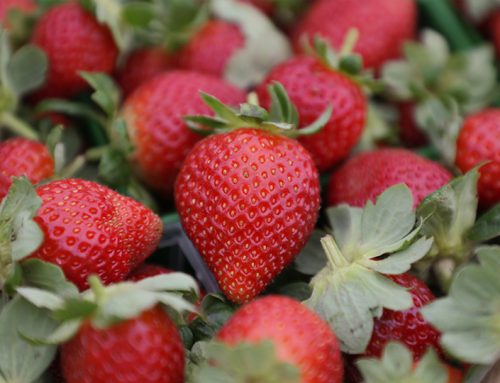
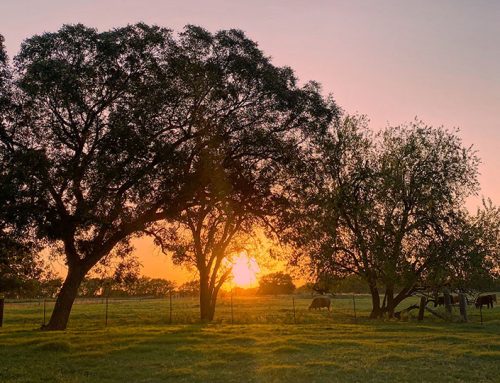
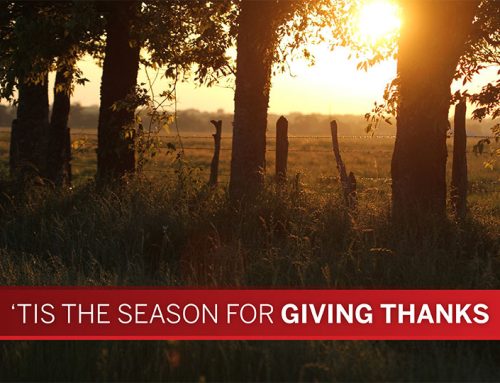
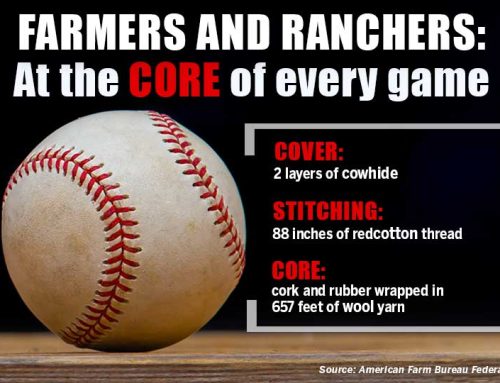
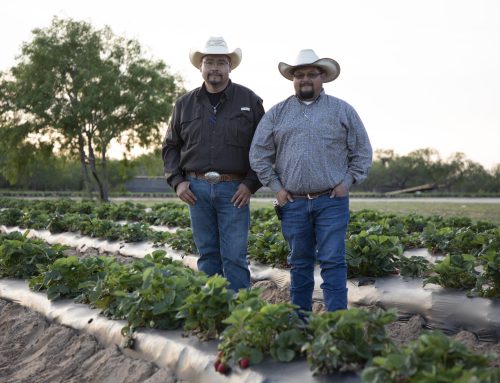




Living in WA state where many of our farms have been sold off to developers. Thankful for all of our farmers that are fighting the good fight to survive and thrive. Appreciated reading this today.
I agree wholeheartedly with this article and will add that people who are production agriculture are and have to be the most mentally tough individuals on the face of the earth.
I grew up on a farm and even after high school I worked on a farm for 5 more years, and my hat is off to all the farmers. and thanks for sharing the article with us!!
Depending on Texas weather for your livelihood has to be very difficult. I really admire our farmers and hope they never tire of what they do for us. My biggest concern is seeing developers buy up our farmland. I appreciate the article and the respect given to our farmers and ranchers.